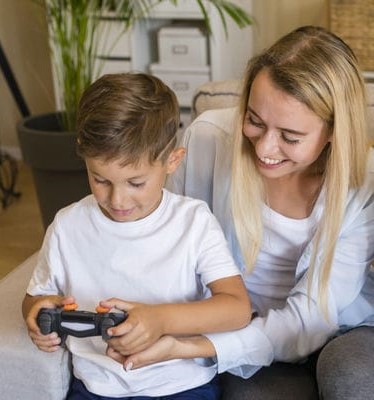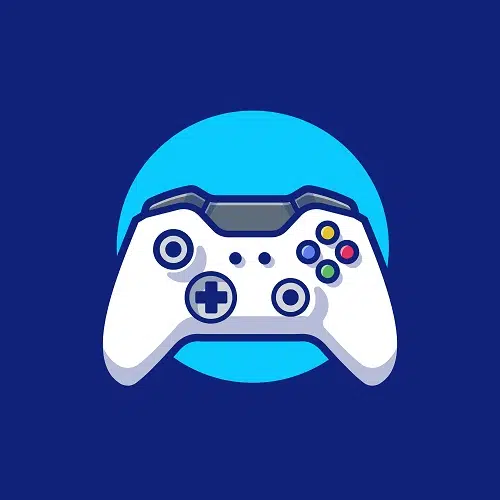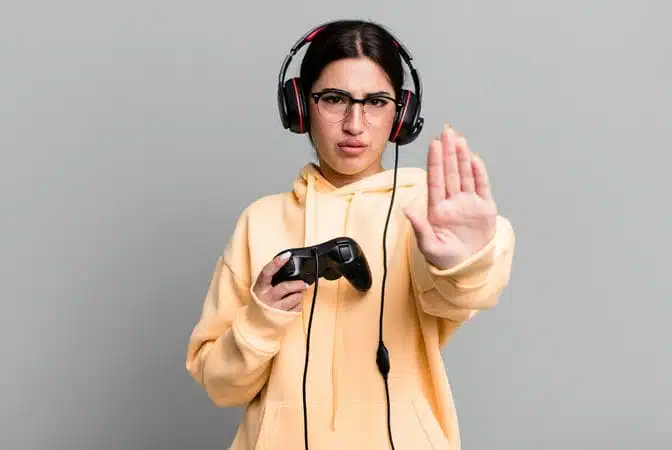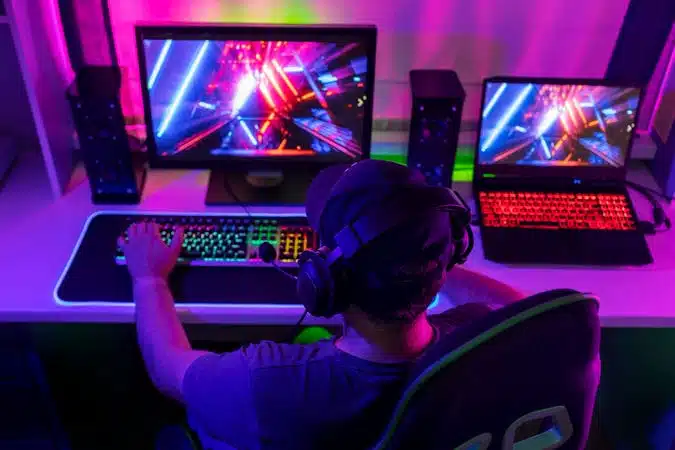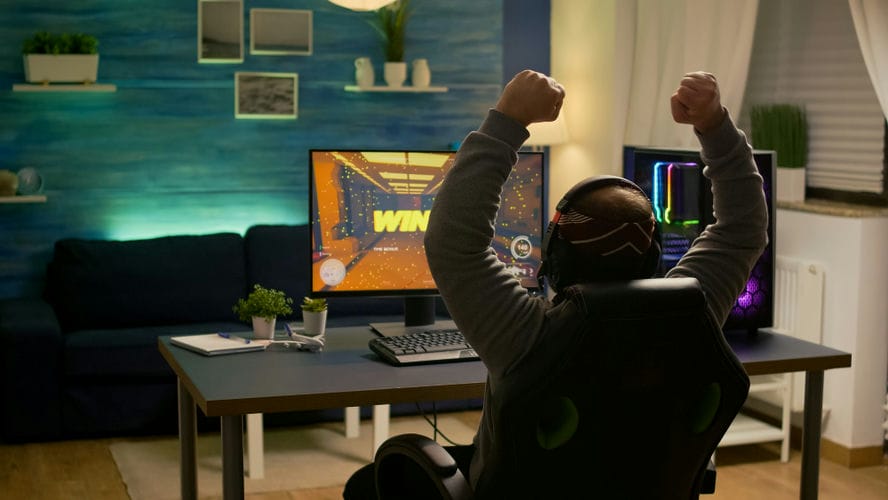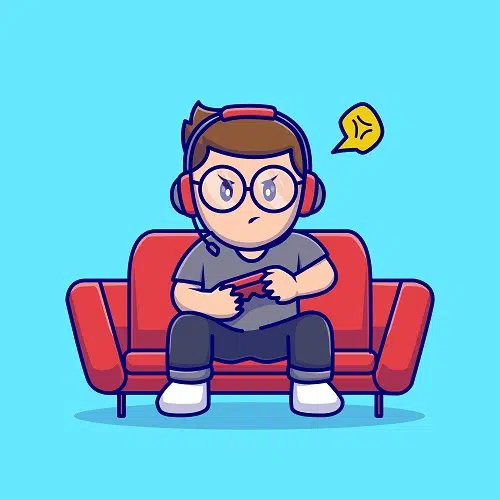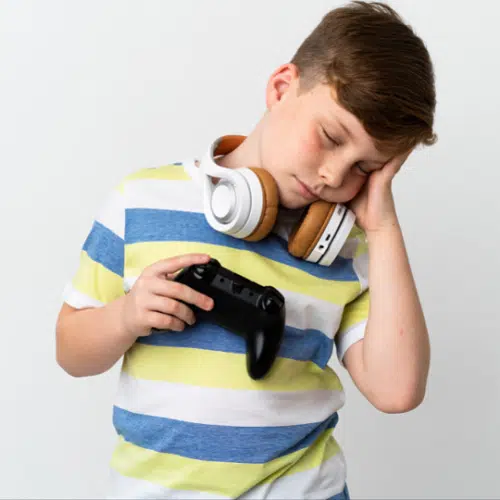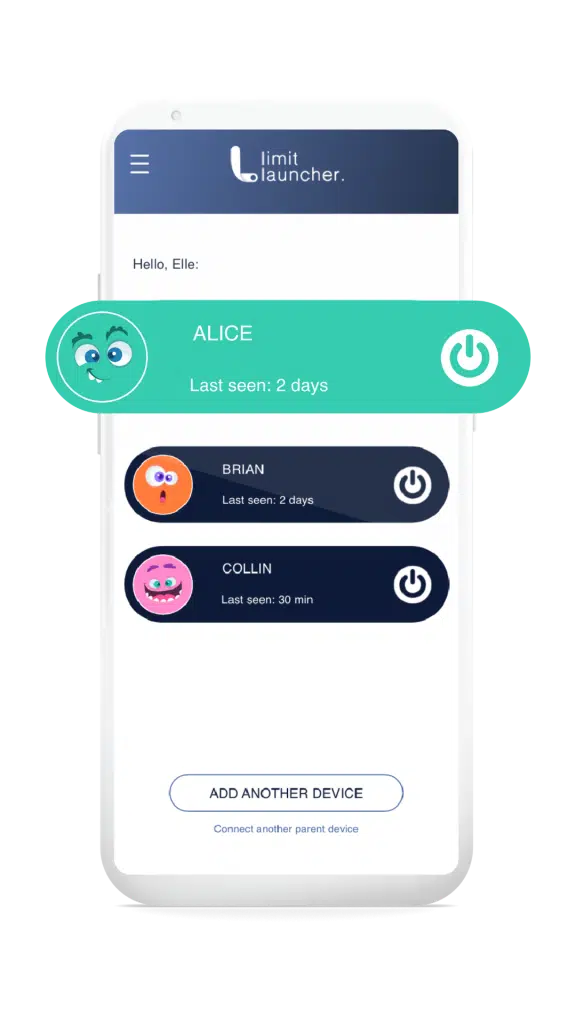In the age of technology, screens are becoming easier to access and more compact to carry around such as mobile phones. They are with us almost everywhere, from the working desk to the bed. For some, screens are the first and last thing they see at the start and end of each day. As a result of this convenience, the question arises: Does convenience come at a cost?
Sleep quality is often the first to be impacted when there is an overuse of screen time and unless users change their habits, this problem is likely to worsen. An important habit change that users can make is to stop using screens one hour before sleep. Understanding sleep quality can help you find alternative solutions based on what aspects you are struggling with the most.

Sleep Quality
How is sleep quality measured and what is considered a decent or perhaps a normal standard? A person’s satisfaction with their sleep is defined as their self-satisfaction with all aspects of their sleep experience, which can be classified into the following 4 main sections:
Sleep latency: This is a measurement of how long it takes you to fall asleep. Drifting off within 30 minutes or less after the time you go to bed suggests that the quality of your sleep is good.
Sleep waking: This measures how often you wake up during the night. Frequent wakefulness at night can disrupt your sleep cycle and reduce your sleep quality. Waking up once or not at all suggests good sleep quality.
Wakefulness: This measurement refers to how many minutes you spend awake during the night after you first go to sleep. People with good sleep quality have 20 minutes or less of wakefulness during the night.
Sleep efficiency: The amount of time you spend actually sleeping while in bed is known as sleep efficiency. This measurement should ideally be 85 percent or more for optimal health benefits.

Effect of Screen Time
With these guidelines, you can work out if you are having good or bad sleep quality. Now you might be wondering, how is screen time related to all that? The majority of screens on the market emit short-wavelength enriched light, otherwise known as blue light. According to research, this blue light interferes with the natural production of melatonin, a hormone our bodies start to make when light is dark out that help regulate sleep. This blue light not only affects your sleep latency, but can also disrupt your sleep efficiency. As blue light reduces the amount of time you spend in slow-wave and rapid-eye-movement (REM) sleep and children are particularly vulnerable to this phenomenon. There is even the possibility that the retina might be damaged in some serious cases. Finally, the content consumed may stimulate the brain and prevent it from relaxing, affecting sleep quality.
As a result, the national sleep foundation recommends being away from screens for at least an hour before going to bed. So if you or your children are struggling with quality sleep, reduce the on-screen time before bed.
Here are a few tips that you or your children can use to improve your sleep quality:
- Establish a regular bedtime and wake time. This is crucial in getting the most restful sleep possible.
- Keep electronics out of the bedroom at least one hour before bedtime to aid in relaxation and better sleep onset (known as “electronic-free zones”).
- Avoid caffeine after lunch and avoid working on the computer in bed as it can disrupt your sleep rhythm.
- Make sure to get adequate exercise during the day – a good workout before bedtime has been shown to help regulate melatonin levels, improve sleep quality, and promote better overall health!




